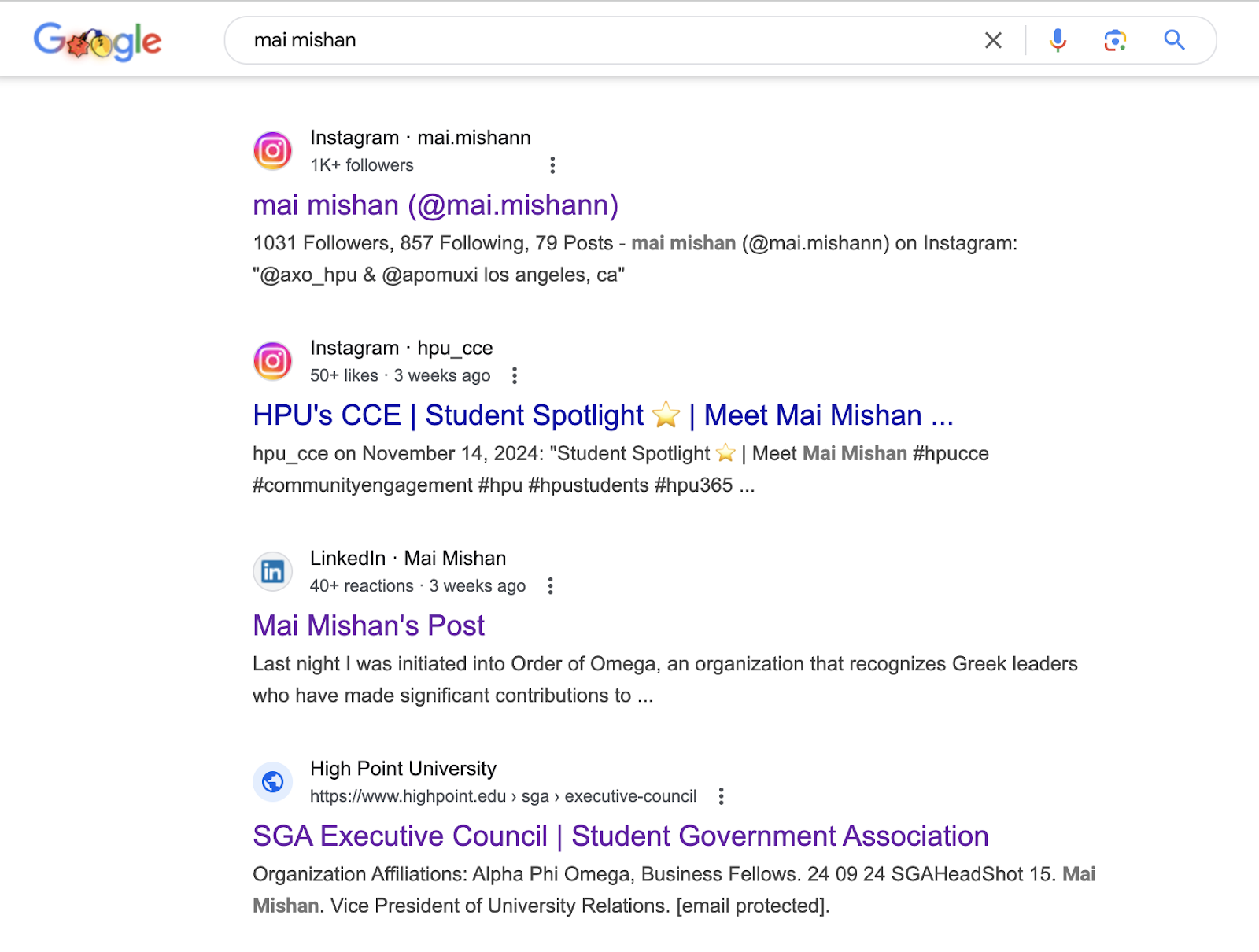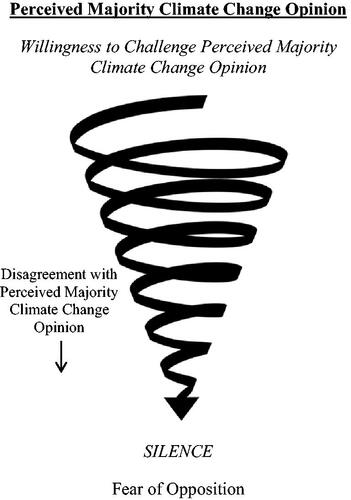Anti-War
Seeing so much information out there on the internet about how the USA gets involved in other conflicts around the world tends to cloud our judgement on whether or not doing this is just as Americans. We're getting fed a narrative that we are the American saviors, that other countries rely on us to help them fight, that we go abroad to fight for democracy, etc. In reality we are being deceived by our government, who is fighting and funding these wars for their own economical benefit.
Lesser known media outlets such as Antiwar.com, really highlight the voices against us as a country involving ourselves in situations we don't necessarily belong in. Looking at it today, majority of the articles talk about the Israel/Gaza Conflict, and updates on what's going on in middle eastern countries such as Syria, Lebanon, and Iraq. There's also a lot about Russia/Ukraine, South Korea, Africa, and Wars at Home.
What I found particularly interesting was that they had two separate sections on Israel/Gaza and Israel/Palestine. It's all very one sided, only talking about what's going on in the West Bank, instead of the full picture. This honestly makes me question the validity of this blog to be so completely honest. I understand the stance of being anti-war, no one is pro-war besides weapons manufacturers and the government. But, war is something that happens across the globe, and to paint it as a genocide is absolutely absurd to me. This isn't just specific to this site either, this is a narrative drawn all over the liberal media. There is a stark difference between war and genocide and I think people are forgetting the definition of a genocide.
Looking at another news source like The American Conservative, the news reported on is very broad, it's articles on Mexico and the impact of Trump, The USA's impact on Ukraine, Diplomacy vs. Invasion within Iran, Syria Collapsing, and the ceasefire between Israel and Hamas. It's definitely a major difference from Antiwar.com as it looked a lot more professional, the pieces were still very opinionated but obviously leaning more conservative. But they didn't seem to have as much written, it was kind of bare, I also noticed that all of their writers were men, and that only one woman served on their entire project. I think this closes off an entirely different perspective on any variety of topics. I also saw that Tucker Carlson sits on the advisory board which does give the blog a little more credibility in my eyes.
I think you have to seek out these obscure sites to find these antiwar voices for multiple reasons, one it's against the government's agenda to have these people speak out against what they do. Obviously, they can't silence the press as per the first amendment, but they definitely can make it more difficult for larger media outlets to report on it. Personally, though I wouldn't look into these sites again for my news, because I don't necessarily trust that the information I'm getting it properly fact checked, and don't care to hear random people's opinions on whether or not a war is just or our involvement is needed. I rather learn my information from multiple, reputable sources from both sides of the aisle and form my own opinion.







